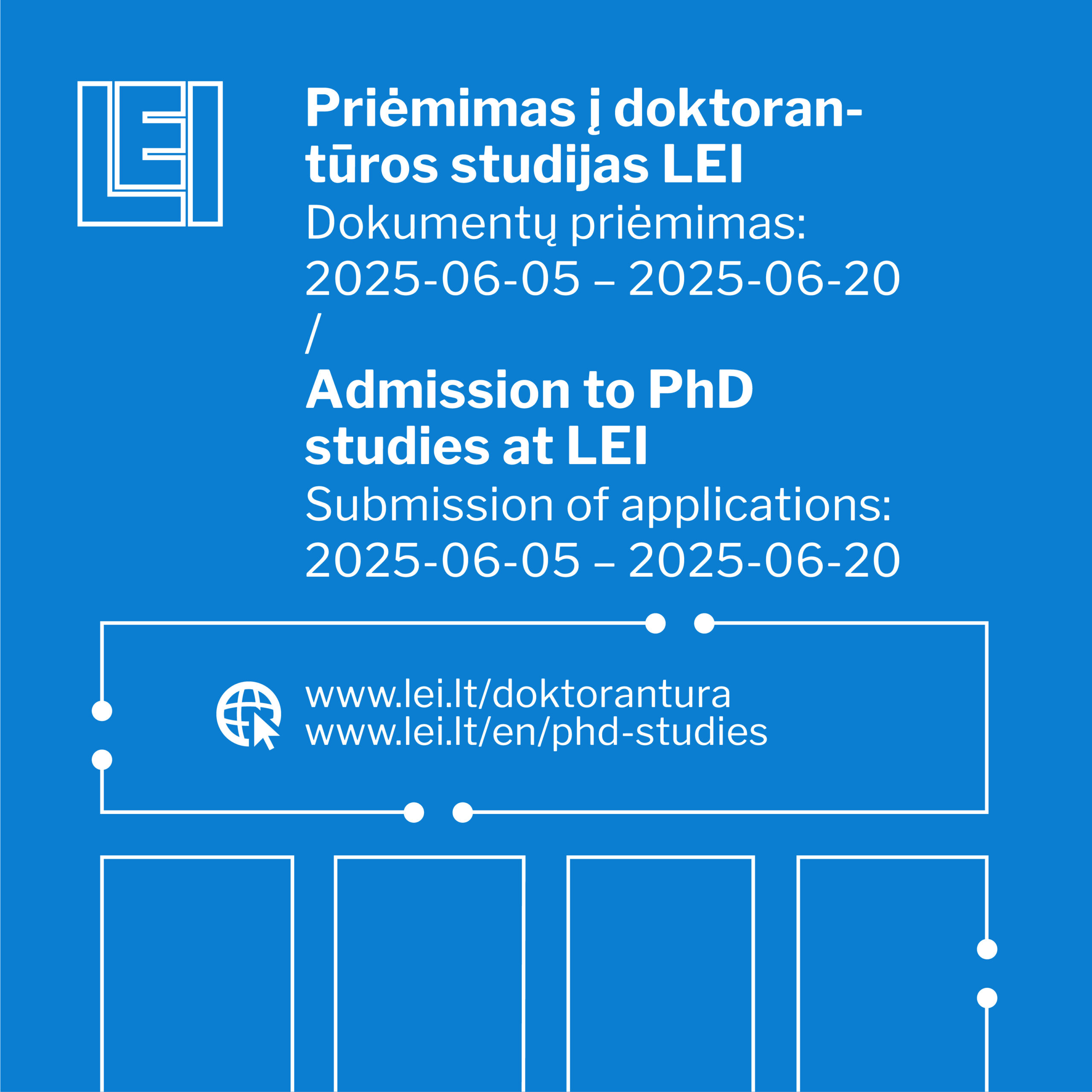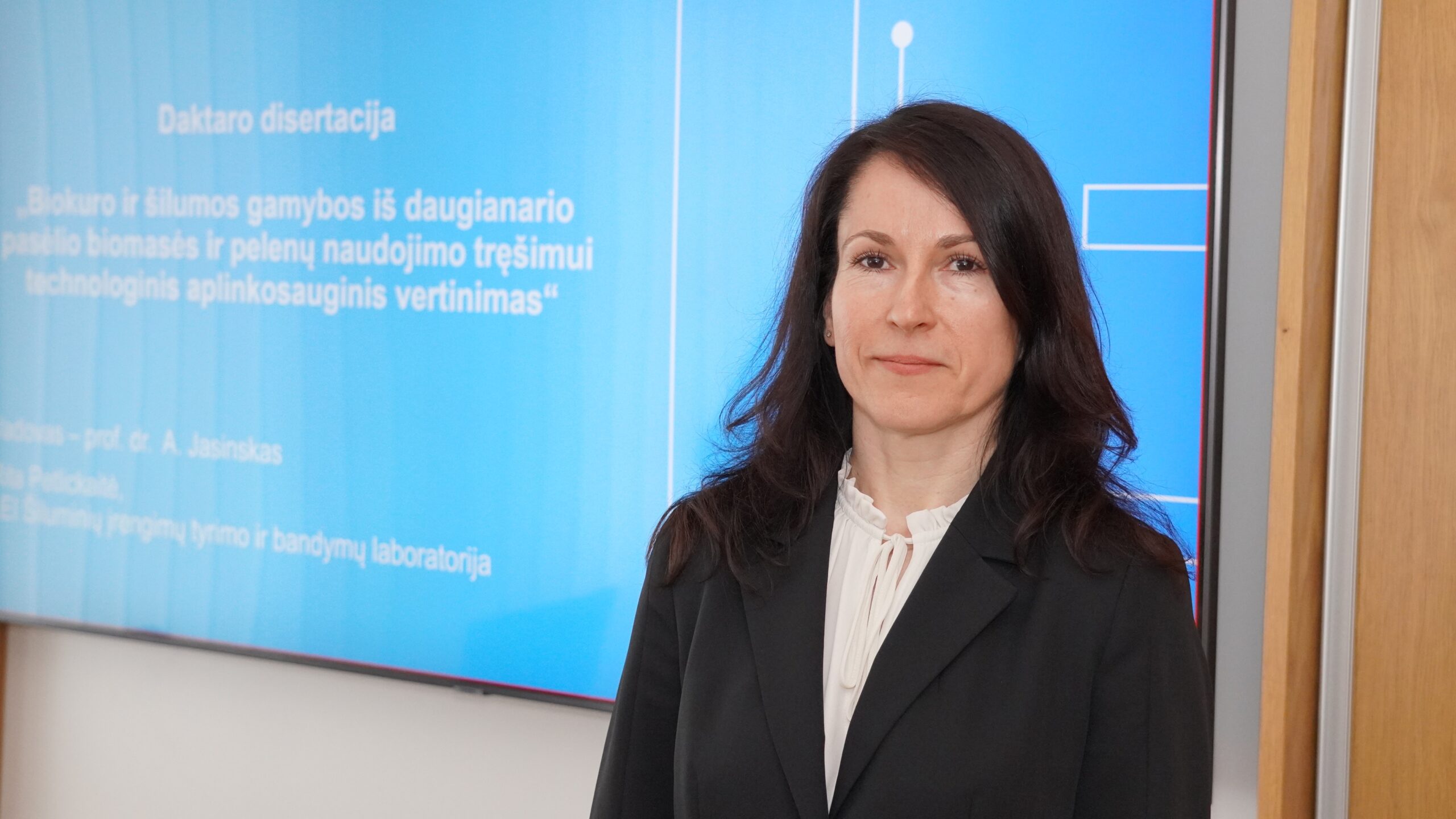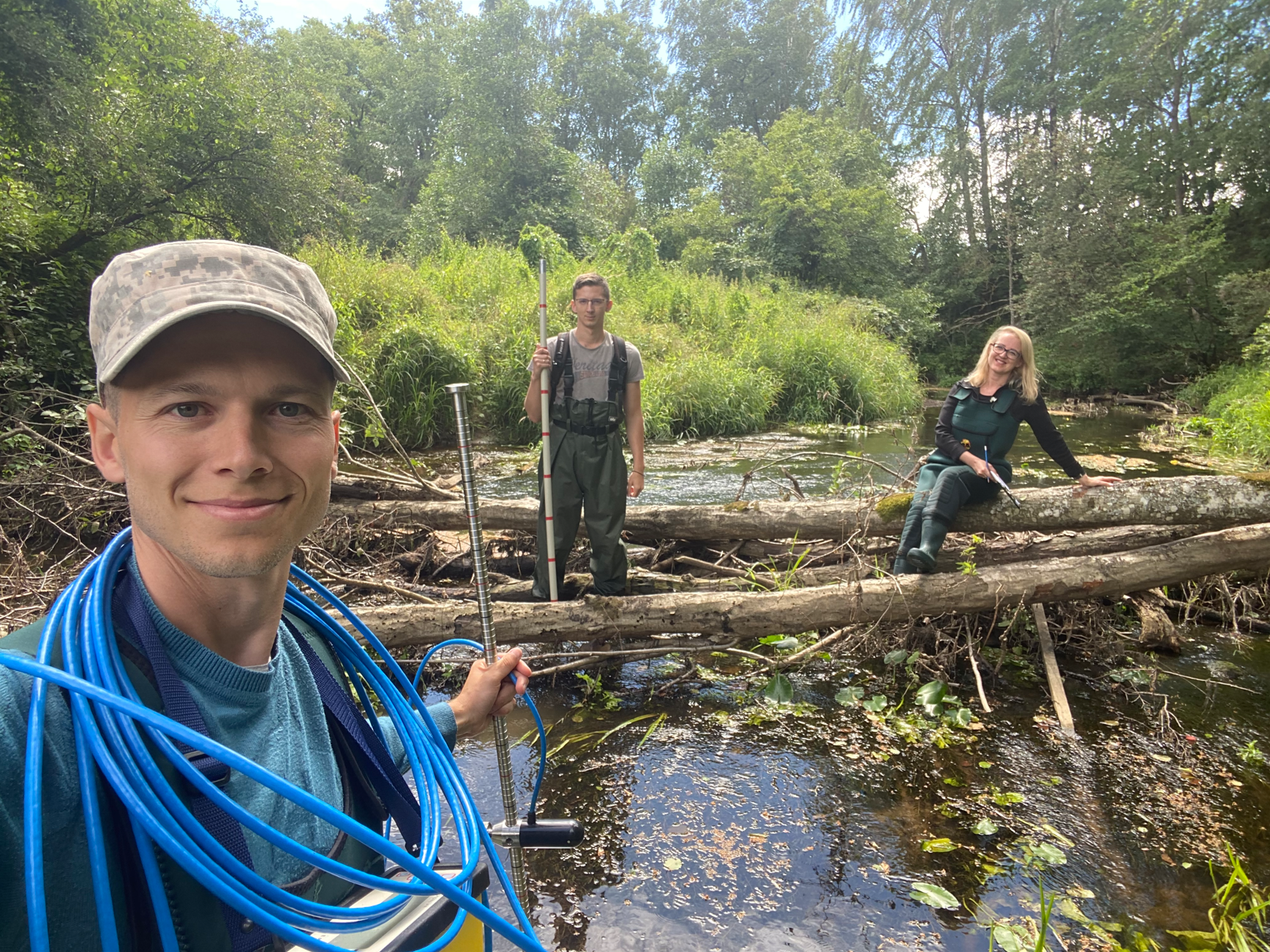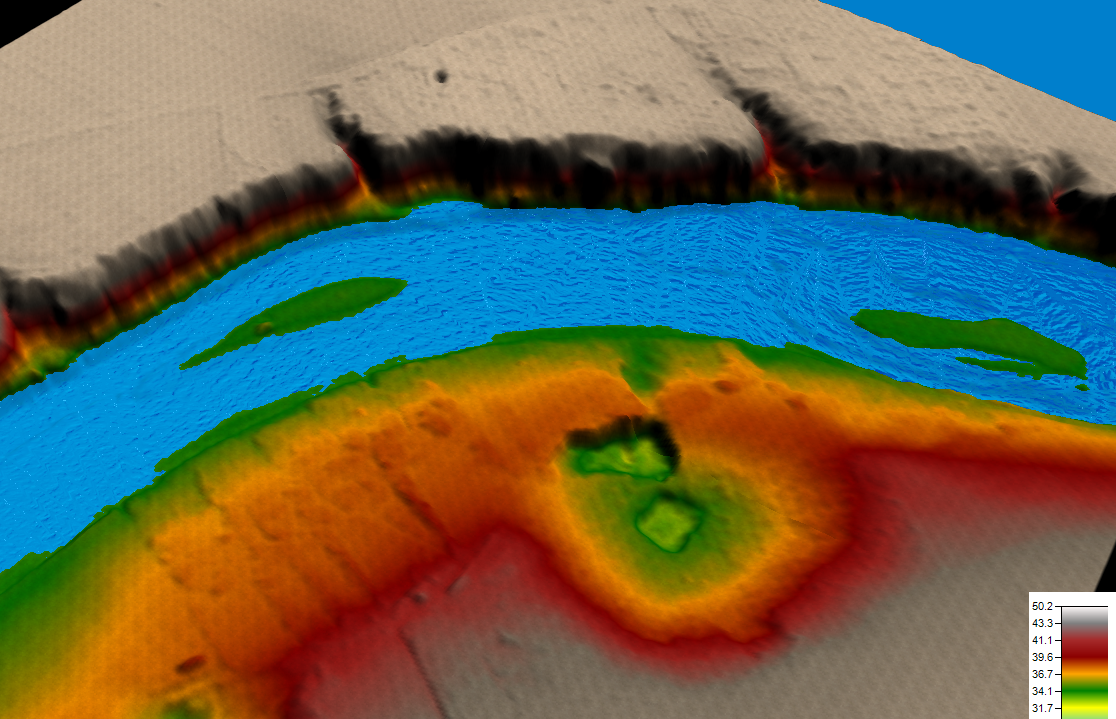On June 3–5, 2025, ICEREG project experts Dr. Jūratė Kriaučiūnienė and Dr. Darius Jakimavičius took part in the Nordic Hydrological Conference (NHC2025) held in Iceland. This year’s conference, themed “Water and Climate Change: Impact and Adaptation,” brought together scientists and specialists from various countries to discuss how climate change is affecting water resources – rivers, lakes, and groundwater – and how societies are adapting to these changes. Topics included shifts in water use, dam construction, improvements in hydrological forecasting, and planning solutions to mitigate the impacts of extreme events such as floods and droughts.
Dr. Jūratė Kriaučiūnienė, a researcher at the LEI Hydrology Laboratory, participated in the thematic session “Floods and Droughts: Natural Extremes in a Warming World”, where she presented the talk “How ice jam floods will change in the future in the lowland rivers?” Her presentation focused on projected changes in ice jam-related floods in lowland rivers under future climate conditions.
Dr. Darius Jakimavičius presented a scientific poster during the poster session titled “Projected Changes in Annual Maximum Flows in Northern Lithuanian River Basins: A Focus on Extreme Events,” where he analyzed projected variations in annual maximum flow rates in northern Lithuanian river basins, emphasizing extreme hydrological events.
The Project is funded by the European Union’s Interreg VI-A Latvia–Lithuania Programme 2021–2027
More about the project: https://www.lei.lt/en/icereg/
Researchers from the Lithuanian Energy Institute (LEI) recently visited the Institute for Energy Technology (IFE) in Norway to strengthen collaboration and share knowledge in catalytic synthesis and process improvement.
The LEI delegation, consisting of a senior researcher and a laboratory assistant, participated in hands-on training and joint research activities with IFE scientists. They primarily focused on improving methanol production techniques using laboratory-scale fixed-bed reactor systems, which support key tasks within the ongoing project “Plastic waste conversion to methanol through water vapor plasma gasification and advanced catalytic synthesis” funded by Nordic Energy Research and the Ministry of Energy of the Republic of Lithuania. During their visit, LEI researchers contributed to the synthesis and characterization of advanced methanol catalysts, including Cu/ZnO/Al2O3, as well as ZrO2- and In2O3-promoted versions. They also investigated porous water sorbents like zeolites and metal-organic frameworks (MOFs) using an innovative two-particle system approach for evaluation.
The team gained practical training and experience with IFE’s modern laboratory facilities, which include: surface and pore analysis instruments (BET, BJH, and H2 chemisorption), thermal analysis equipment such as TPR, TPO, TPD, thermogravimetric analyzers and reactor systems, including flow reactors and fluidized bed reactors.
This collaboration supports the exchange of early-career researchers and helps build long-term scientific capability at both institutions. The visit improved scientific expertise while encouraging innovation and international cooperation in sustainable chemical technologies.
On June 9–11, two important events for the science and business communities took place in Tokyo, Japan. The Lithuanian Energy Institute (LEI) was represented by Senior Researcher and Deputy Director Dr. Raminta Skvorčinskienė.
On June 9, she took part in the Lithuania Co-Create: Lithuania–Japan Business Forum, aimed at strengthening bilateral cooperation in startups, high-tech, joint research, and innovation. The event was attended by business leaders, public institutions, and innovation agencies from both countries, including Lithuanian President Gitanas Nausėda.
On June 10, Dr. Skvorčinskienė participated in the first Lithuania–Japan Science Forum at Waseda University, focused on innovation in life sciences, biotechnology, and high-tech. She gave a presentation on “Innovative Solutions for Reducing Hydrodynamic Resistance: An ERC Project Concept with Japanese Partners” and highlighted LEI’s cooperation opportunities with Japanese institutions, including student internships, PhD studies, and joint research.
On June 5, 2025, representatives of the Lithuanian Energy Institute participated in the “Green Ideas Festival” held in the inner courtyard of the Presidential Palace.
Visitors to the LEI stand had the opportunity to take part in the educational activity “An Energy Journey from A to Z” and test their knowledge of energy.
The Green Ideas Festival is a space for discussion, learning from best practices, and discovering ways in which each of us can contribute to creating a more sustainable and greener Lithuania.
Lithuanian Energy Institute announces a competition for Admission to state-funded full-time doctoral studies in the fields of Energetics and Power Engineering, Environmental Engineering and Economics.
📆 Submission of applications: 5 – 20 (till 1 p.m.) June, 2025
📆 Motivational interviews: 26-30 June, 2025
📆 Notification of applicants about the competition results: 30 (from 5 p.m.) June, 2025
Doctoral research topics and admission procedure:
https://www.lei.lt/en/phd-studies/admission-to-phd-studies/

The 21st International Conference of Young Scientists on Energy and Natural Sciences Issues “CYSENI 2025” was held from May 20 to 22. This is an annual event dedicated to young professionals from Europe and around the world working in the fields of energy and environmental sciences. The goal of the conference is to help young researchers present their latest studies and establish long-term scientific connections.
The conference was hosted at the Lithuanian Energy Institute, where participants had the opportunity not only to present their research findings but also to network, make new acquaintances, share ideas, and discuss current scientific topics. “CYSENI 2025” was attended by 80 participants from 7 countries, with 5 invited key speakers presenting their lectures.
During the conference, presentations were delivered by Zoltán Hózer from the Fuel and Reactor Materials Department at the HUN-REN Centre for Energy Research (Hungary), Martin Obligado from the Lille Central Institute (France), Antonio Froio from the Energy Department in Politecnico di Torino, (Italy), representatives of AB Ignitis Group — Valentas Neviera, Agota Greičiūnienė, and Algirdas Dučinskas (Lithuania), and the Low2HighDH project coordinator David Pérez (Spain).
We thank all participants, invited speakers, sponsors, reviewers, attendees, and everyone who contributed. See you next year!
The “Re-Energize” project is publishing its April newsletter. The newsletter presents the project’s objectives and expected results, as well as the activities carried out so far.
Re-Energize is a collaborative Europeanproject funded under the LIFEProgramme, the EU’s flagship fundinginitiative for environment and climateaction. Project mission is to bridge theskills gap in the renewable heating andcooling sectors, with a special focus onheat pump technologies.
More about the project: https://www.lei.lt/en/projektas/life23-cet-re-energize/

Congratulations to Rita Petlickaitė, a PhD Student at the LEI Laboratory of Heat-Equipment Research and Testing, who successfully defended his PhD dissertation on 27 September 2024 on the topic of Technological environmental assessment of biofuel and heat production from multi-crop biomass and the use of ash for fertilisation (Technological Sciences, Environmental Engineering, T004).

On 29 April 2025, the mid-term workshop and Steering Group meeting of the project “Ice-jam flood risk management in Latvian and Lithuanian regions with respect to climate change” (ICEREG) took place at the Lithuanian Energy Institute (LEI) in Kaunas.
Project progress, budget, key results and challenges were discussed. Experts from the Lithuanian Energy Institute, Lithuanian Hydrometeorological Service under the Ministry of Environment, and Latvian Environment, Geology and Meteorology Centre presented insights on ice-jam flood modelling, river data analysis, climate change scenarios, and early warning systems.
The “ICEREG” project aims to enhance the management of ice-jam flood risk by developing comprehensive flood maps and refining the conceptual model of ice-jam flood formation, particularly in the context of climate change.
The Project is funded by the European Union’s Interreg VI-A Latvia–Lithuania Programme 2021–2027
More information: https://www.lei.lt/en/projektas/icereg/
Halfway through the “Ice-jam flood risk management in Latvian and Lithuanian regions with respect to climate change” (ICEREG) project, significant progress has been made in understanding and modeling hazardous ice phenomena in border rivers.
At the start, 8 river sections and 10 water measurement stations were selected, providing data to assess the historical ice jam situation. Based on data from 1961–2023, the frequency of ice jams and dangerous water levels were evaluated. The critical levels were most often exceeded in the Lėvėn and Mūša rivers, which were chosen for detailed study.
In September 2024, two expeditions were conducted, during which cross-sections and discharge measurements were made using GPS equipment, drones, and echo sounders. The data collected on river geometry and other characteristics will be used for hydrodynamic model calibration in HEC-RAS.

Currently, detailed hydrodynamic models are being developed for the Lėvėn and Mūša rivers. These models will help forecast flood zones under various climate scenarios. Notable results include calculations of rare flood probabilities, which predict a gradual decrease in discharge in the Mūša basin and a slight increase followed by a decrease in the Lėvėn river.
By summer 2025, the hydrodynamic models will be completed, and flood risk zone predictions will be finalized, contributing to better management of ice jam floods in the future.

The Project is funded by the European Union’s Interreg VI-A Latvia–Lithuania Programme 2021–2027